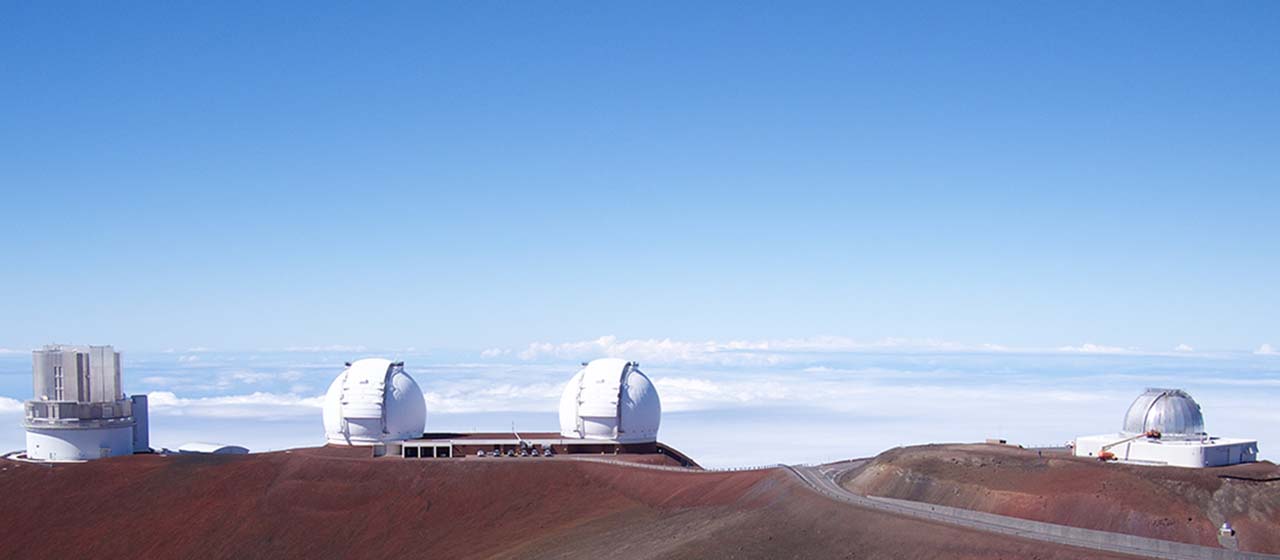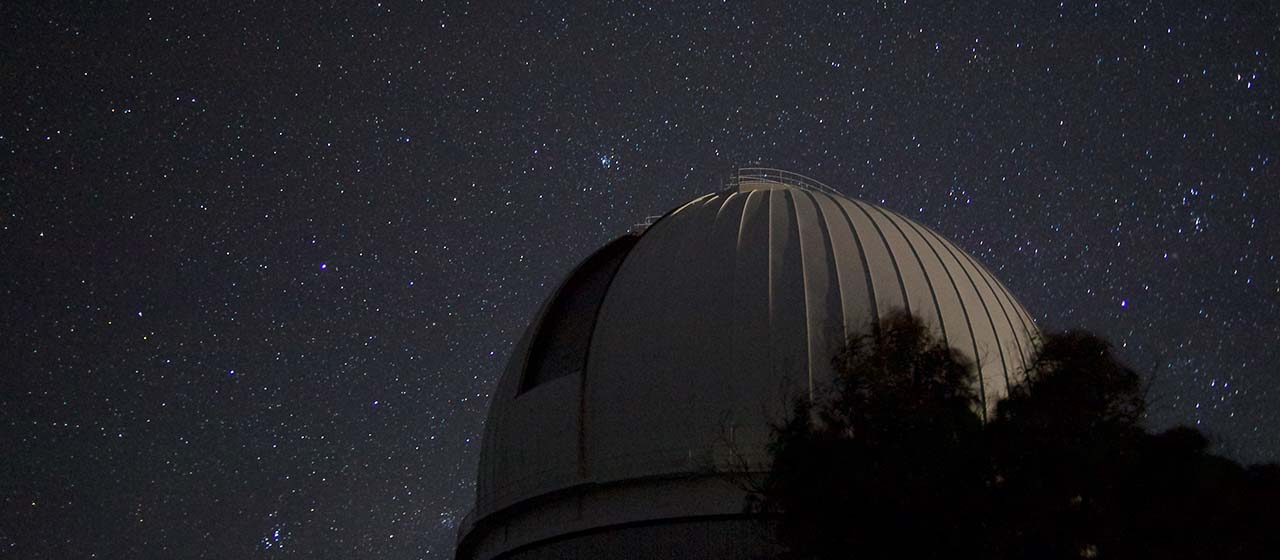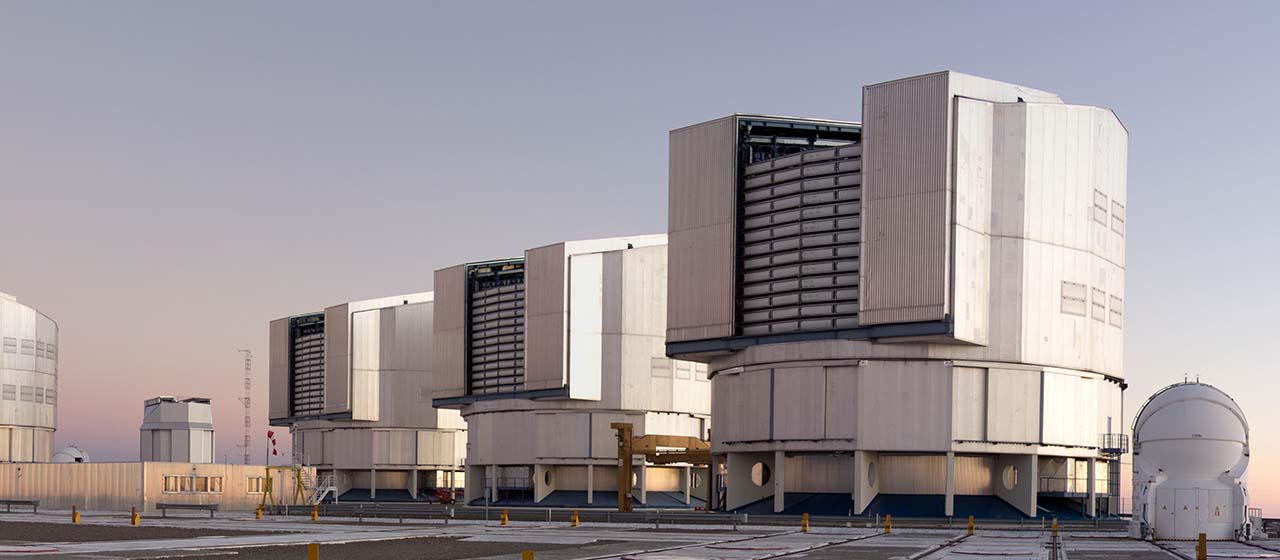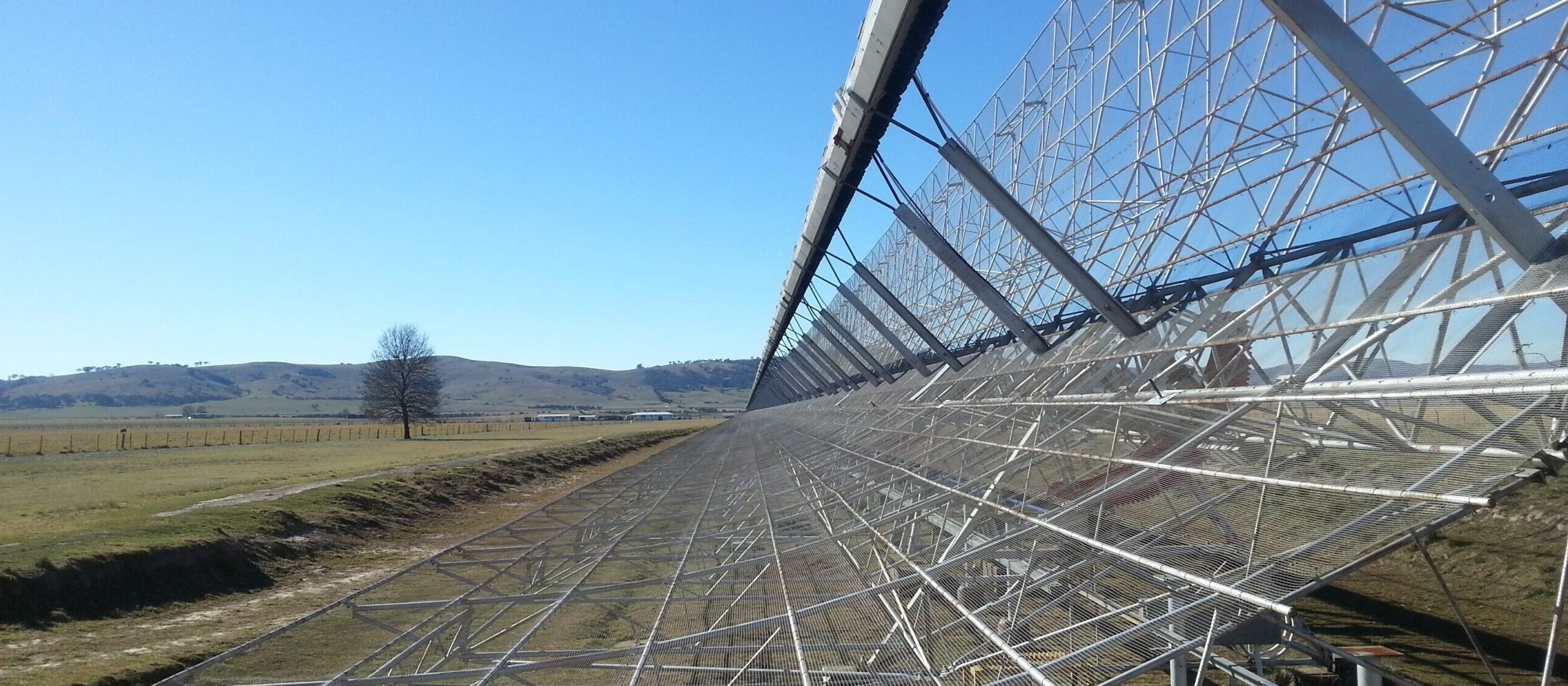The Sydney Institute for Astronomy (SIfA) is a national and international leader in Astronomy and Astrophysics
Through cutting edge theoretical and observational research and the application of new technology for the next generation of instruments and telescopes. As well as being a research leader, SIfA is committed to excellence in postgraduate training and research-led undergraduate training.
SIfA scientists conduct research in many exciting frontline areas including exoplanets, asteroseismology, stellar and plasma astrophysics, black-hole binaries, supernovae, transient sources, the interstellar medium, and the Galactic Centre. We carry out detailed studies of the Local Group of galaxies, including the Milky Way, Andromeda and the Magellanic Clouds. At greater distances, we study active galaxies & quasars, clusters of galaxies, gravitational lensing, and cosmology. Our scientists perform supercomputer simulations of galaxy formation and evolution of large-scale structure.
SIfA has leadership or key involvement in several major surveys including the Kepler K2GAP survey, the Galactic Archaeology (GALAH) survey of a million stars, the Southern Stellar Stream Spectroscopic Survey (S5), the SAMI Galaxy Survey, the Hector Galaxy Survey, the OzDES galaxy survey, the FLASH survey of radio galaxies, the MAGPI survey of galaxies in the cosmic “middle-ages” and the VAST survey for radio transients on the Australian SKA Pathfinder (ASKAP) telescope.
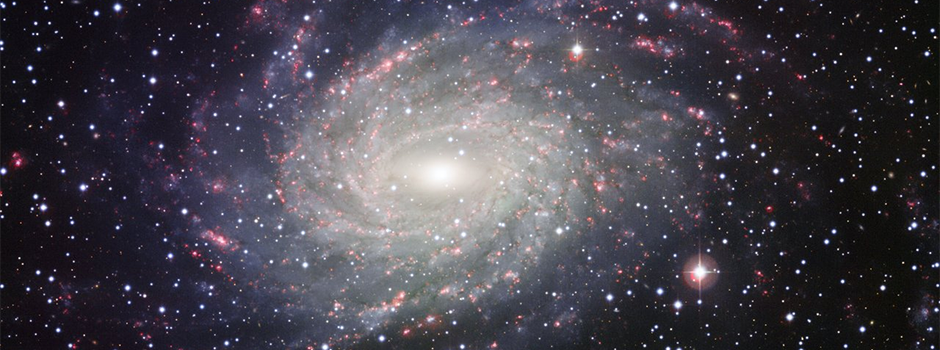
SIfA hosts Astralis-USyd, one of three nodes of the Astralis Astronomical Instrumentation Consortium, where we build new novel instrumentation for the world’s largest telescopes. We run the Sydney Astrophotonic Instrumentation Labs (SAIL) and invent new technologies for astronomy and industry and develop cubesats for space launch.
SIfA is a host institution for the Australian Research Council (ARC) Centres of Excellence; for Gravitational Wave Discovery (OzGrav2) and Dark Matter Particle Physics (DMPP). We previously hosted the ARC Centre of Excellence for All Sky Astrophysics in 3 Dimensions (ASTRO 3D) and are a member of the GROWTH telescope network based at Caltech. SIfA is also a host institution for the Danish-led Stellar Astrophysics Centre (SAC) and a member of the Stellar Oscillations Network Group (SONG)
In 2017, Australia joined the European Southern Observatory (ESO) as a partner. Since then, SIfA has been a major recipient of observing time with the Very Large Telescope. We obtain data from major international facilities on the ground and in space, and receive large allocations of observing time on the Anglo-Australian Telescope (optical) and the Australia Telescope National Facility (radio). Each year, SIfA astronomers are also awarded several million hours of supercomputer time.
SIfA Research
SIfA People
SIfA Events

Equity, Access and Diversity
SIfA is committed to improving its culture.
Our goal is to provide an environment that is equitable and supportive for all staff and students, free of conscious and unconscious bias, with access to facilities, learning and work open to all.
At the School of Physics, we recognise the need for continuous improvement and are working to identify and remove biases based on gender, ethnicity or origin, culture, language, relationship status, pregnancy, sexuality, race, medical conditions or disability, age and political or religious belief.
Read more about the School of Physics’ initiatives to improve equity, diversity and access.

